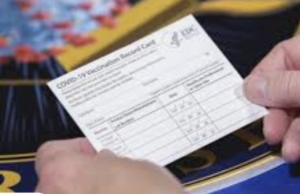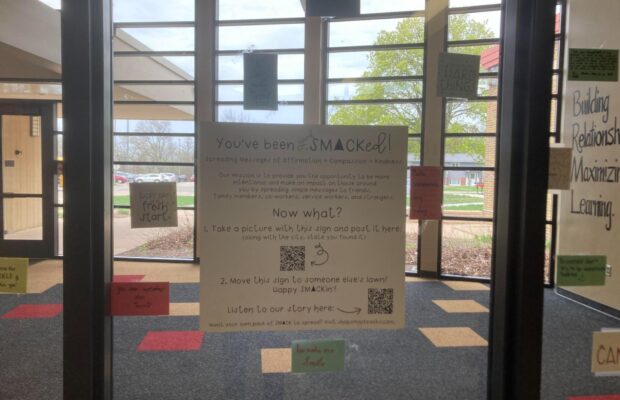Students should take preventive caution during vaccine shortage for flu season
By Courtney Carlo 2005
Last year’s flu season demanded 87 million doses of vaccines. The United States Department of Health and Human Services planned on having about 100 million doses available to the public this year. Thanks to tainted doses of the vaccine from the Chiron Corporation, the United States will have access to only 54 million doses.
Influenza vaccines prove to be most beneficial in October and November; the flu season usually begins in October and last until May. On average, 5 to 20 percent of the population contracts influenza. More than 200,000 people are hospitalized with complications and 36,000 people die each year from the flu or its complications.
Symptoms include a high fever, headache, fatigue, cough, sore throat, runny nose and muscle aches.
Complications, however, are what prove to be the most disastrous. Bacterial pneumonia, dehydration and the increasing seriousness of already-present illnesses, such as asthma and diabetes, are the most feared cause of influenza.
Due to extreme shortage, medical facilities are currently distributing shots only to groups who are at high risk of developing complications because of the illness. These groups include young children, people over the age of 65, pregnant women, people in close contact with infants and people with weak immune systems, asthma or other long-term illnesses.
Most high school students do not fall under those categories. With the ideal prevention method unavailable, we must use caution to ensure that only a minimal amount of student get sick.
It is inevitable that everyone will not stay healthy; those that do fall ill should stay away from school as long as possible. By going to school and coming in contact, both indirectly and directly, with hundreds of people a day, you are only contributing to the spread of the virus. Teachers always stress attendance, but most educators provide ways of catching up and would probably appreciate an infected student missing a class in order to save the other kids the hassle of being sick. What’s worse: one sick student missing class or that same sick student coming to class and two or three students sick the next day?
In the event that attendance is unavoidable, hand washing and other elementary-school lessons are essential. Sure, using tissues and washing our hands after sneezing or coughing has been drilled into our minds since we were six, but seriously, who’s going to run to the bathroom after every sneeze?
If you are diagnosed with the flu or experience the symptoms, please stay home for the sake of everyone in the school. Besides, the extra rest will help you get back in action faster than if you try to keep functioning while your body tries to keep up.








You must be logged in to post a comment Login